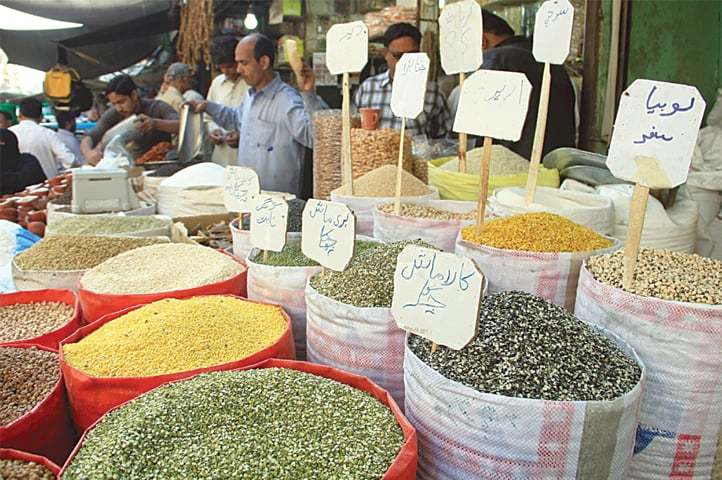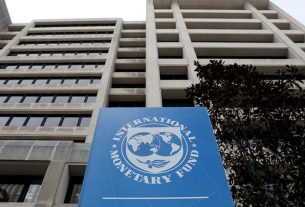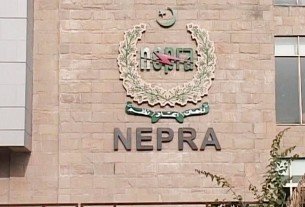KARACHI: Wholesalers have further increased pulses’ rates despite the government’s decision of bringing down advance tax on imports to zero per cent from 2pc and falling transportation cost on account of Rs20 per litre cut in diesel rate.
In another development, flour millers reduced the rates of various flour varieties by Rs5 per kg owing to a decline in the rate of new wheat crop in open market to Rs 3,500-3,600 from Rs4,000 per 100 kg bag prior to lockdown.
The new rate of flour No 2.5 is Rs42 per kg while fine and super fine flour (maida) rate has been fixed at Rs44 per kg. The new price of 10 kg bag of flour No2.5 is now Rs425.
Flour has remained in high demand since the start of the lockdown as people purchased extra three to four bags of the branded flour by paying additional Rs50-70 per five-kg and 10-kg bags, respectively, as demanded by retailers.
Millers reduce rates of various varieties of flour by Rs5 a kilo
Buying by charities increases price
Market traders are fully exploiting a soaring demand from charitable organisations, elites, industrialists and upper income group people who are massively buying commodities, particularly pulses, in a bid to take lead in providing ration bags that contain sugar, ghee/cooking oil, flour, rice, soaps, etc to the needy persons.
The retail prices of pulses have risen by Rs50-70 per kg.
With Ramazan fast approaching, the increase in prices of pulses is seen as an alarming trend.
Gram pulse usually becomes one of most sought-after items owing to its massive usage for making besan, or gram flour.
The new wholesale rate of gram pulse rose to Rs155 from Rs145 per kg, although it was priced at Rs130 per kg prior to the lockdown.
Retailers are charging Rs180-190 per kg and from next week they would start demanding more.
Moong’s wholesale price has risen to Rs280 from Rs250 per kg while it was available at Rs210 per kg prior to the lockdown. Retailers are charging Rs300 per kg for the commodity.
The wholesale rate of masoor swelled to Rs160 from Rs150 per kg, although it was Rs100 per kg prior to the lockdown. Retailers are being charged Rs180 for a kilo.
Mash’s wholesale rate is Rs230-240 per kg as against Rs200 per kg a few days ago. It was sold at Rs165 before the lockdown. The retail price of the pulse is Rs260 per kg.
The wholesalers and retailers are offering discount of Rs10-20 per kg of pulses to welfare organisations and elite class for ration bags if they get huge orders from them. But, they got no discount for the common man.
No action against profiteering
The government, or any of its department, has so far taken notice of the frequent arbitrarily increase in prices of different pulses despite a cut in advance tax on imports, lowered transportation cost and falling world prices from July 2019 to March 2020.
The average unit price of overall pulses dropped to $496 per tonne from July-February 2019-2020 from $540 per tonne in the same period last fiscal year. Total imports of pulses stood at 754,885 tonnes ($375 million) versus 659,459 tonnes ($356.6m) in the corresponding period.
Patron-in-Chief of the Karachi Wholesalers Grocers Association Anis Majeed said rising value of the rupee against the dollar had nullified the impact of the duty benefit, while Rs20 per litre cut in diesel price also provided no big relief.
The wholesale sugar prices hover between Rs77-78 per kg while retailers are minting money by charging Rs85 per kg from consumers.
No price cut was seen in ghee and cooking oil despite a cut in additional customs duty on import of palm oil and other oil seeds to zero from 2pc.



